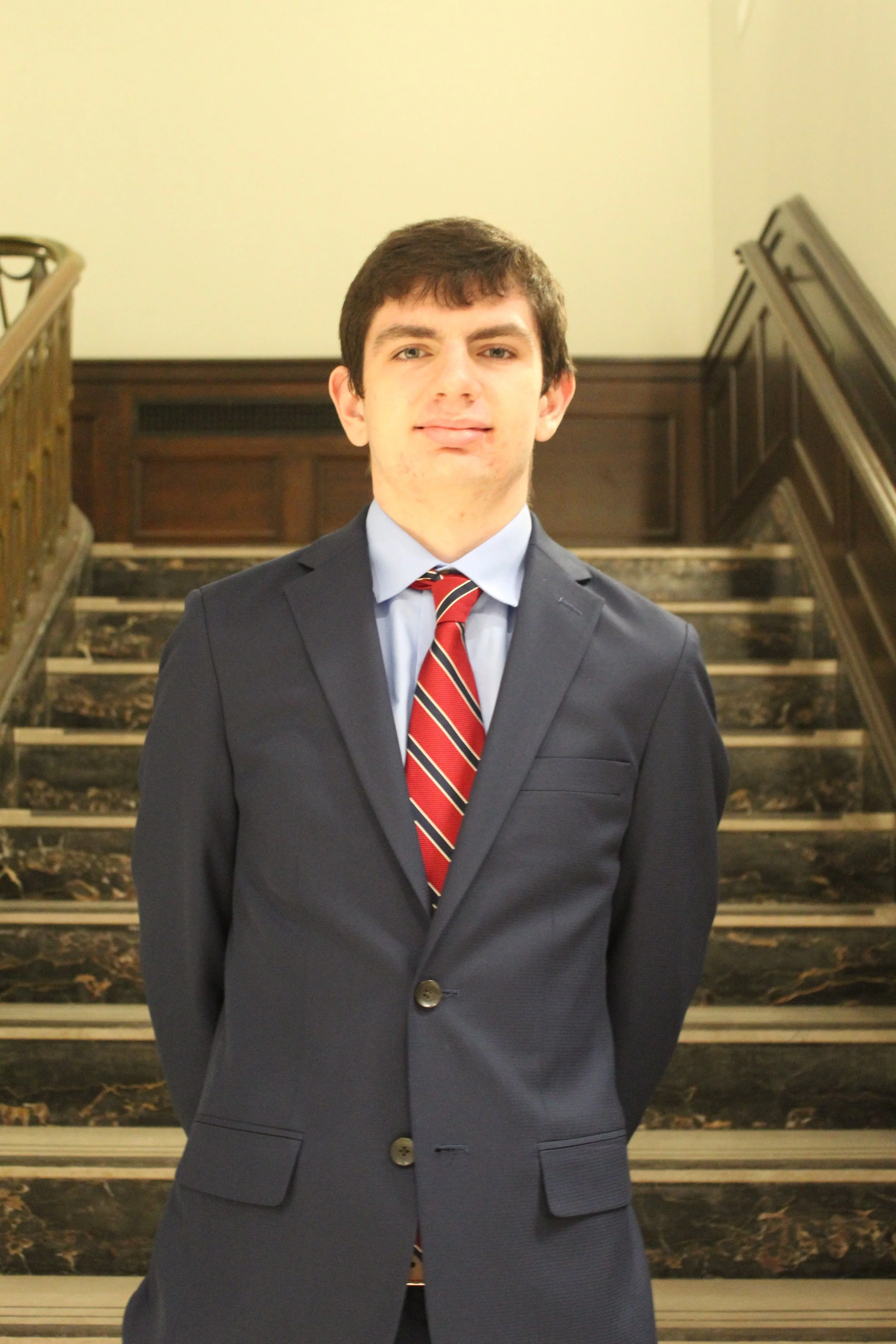Topic A: Providing Humanitarian Aid to Middle Eastern Refugees
Conflict has been widespread since the Decolonization movement in the 1950s and 60s throughout the Middle East. The region had been given their independence for the first time since the rule of the Ottomans. During this time for independence, the British and French rulers would create arbitrary boundaries, disregarding the religious groups and cultures when establishing country borders. This is the main reason for the rise in violence and war in the area. Since decolonization, dozens of conflicts, including the many wars of Israel, the Syrian civil war, and the war in Afghanistan, have caused the mass migration of millions of refugees. Most of the migrants are women and children, and nearly all of them are in dangerous levels of poverty. The neglect of the people there is only the first of the many problems in this region. Countries like Syria and Israel, which are currently in conflict, have millions of refugees that require aid each year. Alongside these two countries, many others from across the region are also in need of assistance. A total of 2.4 million refugees were hosted across the region, with their lives altered by these devastating conflicts. Whether it is nutritious food, clean water, shelter, or preventing diseases, these refugees require large amounts of assistance, which is the job of the UNSC. They aim to support the many refugees, both internally and externally displaced, while also trying to decrease the number of refugees in total. In this committee, delegates must collaborate to find peaceful solutions to provide aid to the millions across the region who require assistance.
Topic B: Ending Internal Hostilities Within Syria
The Civil war in Syria has been an ongoing fight since 2011, causing the deaths of thousands and the migration of millions. The war started when Bashar al-Assad, the president of Syria at the time ordered the military to fire on protestors of his regime. This conflict would grow into the 14-year-long civil war that continues to this day. During these 14 years of war, cities are being destroyed, sides are forming, and external support is coming from across the world. The conflict grew and became more deadly every day it persisted. As of December 2024, the regime of Assad has fallen due to the capture of Damascus by his opponents, but the country is still in ruin. Millions are misplaced, many have lost jobs and homes, and the local economy of the country has collapsed. Although much of the fighting has stopped, the job of the UNSC is to support the rebuilding of the country and the millions of people whose lives were destroyed by the war. The UNSC also must prevent another large-scale fight from occurring, throwing the country back into chaos. The delegates of this committee are to ensure that this peaceful rebuilding of the country takes place, and that another large-scale war does not ensue.
Meet your Dias!
Daniel Sweeney, Director
Aadita Jha, Topic Specialist
Daniel is a History major with minors in Math and Chemistry in the class of 2028. This will be his second year of UCMUN, but before college, he competed in CTWAC’s model United Nations program for all four years of high school. In his first year of UCMUN, he was a part of the Crisis Staff for the ADHOC committee. Other than UCMUN, Daniel has connections to the Uconn geography club. Daniel enjoys spending time with his friends, playing sports, climbing, and meeting new people across campus. He is excited for the new year of UCMUN, and is ready to take on all the new challenges on the horizon. He can be contacted at Daniel.sweeney@uconn.edu. Feel free to contact him with any questions.
Aadita is a sophomore at UConn studying Cognitive Science and Economics with a minor in Psychology. She is an FYE mentor for the Women in Math, Science, and Engineering Learning Community and a member of Werth Hall Council. She is also a member of UConn Law Society and plans to pursue a career in law. She participated in Model UN conferences all through high school – and last year, she was the Assistant Director for JCC1 and is excited to switch things up as Topic Specialist in UNSC!



